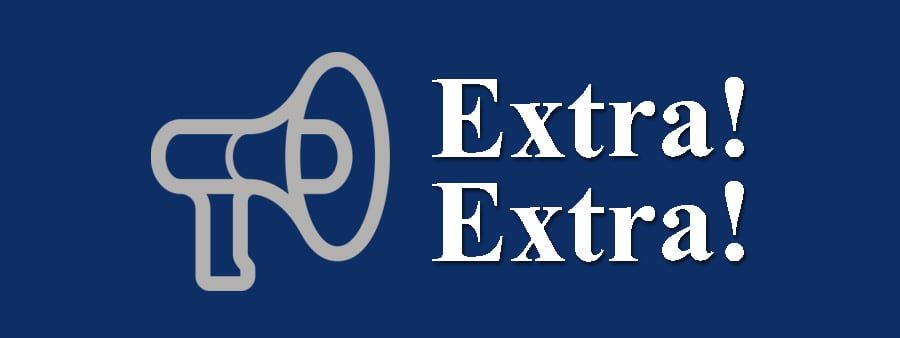
Home » Boeing’s 100th anniversary made possible by small businesses
Boeing’s 100th anniversary made possible by small businesses

August 16, 2016
By Kris Johnson
One hundred years ago, on June 15, 1916, Bill Boeing founded the company that would grow to become a global icon and a bedrock of the Washington state economy.

The company’s story, including its long history of innovation and its many contributions to the Puget Sound region, are well-documented.
But the 100th anniversary of Boeing is more than just a chance to reflect on the company itself. It’s also a chance to recognize the hundreds — yes, hundreds — of Washington small businesses that contribute to Boeing’s success, a vast network of small and medium-size manufacturers located in every corner of the state.
These manufacturers and their employees are the backbone of Boeing’s operations and often the backbone of the communities in which they are located, but they are easily overlooked, quietly providing blue collar, family wage jobs without the flash of some other industries.
So as we celebrate Boeing’s 100th anniversary, we also pause to celebrate companies like Valley Machine Shop in Kent, American Excelsior Company in Yakima, Royell Manufacturing Inc. in Everett, Tool Gauge & Machine Works in Tacoma, Scanivalve Corporation in Liberty Lake, Hobart Machined Products, in Hobart and Ellensburg, and P&J Machining in Puyallup.
These employers represent just a few of the Washington manufacturers that supply parts and services to Boeing. In 2014, Boeing purchased nearly $6 billion from Washington suppliers, and in 2015 the company purchased goods and services from 1,740 suppliers in Washington state. Of those, about 760 were small manufacturers.
One of them is Hobart Machined Products. Rosemary Brester and her husband, Larry, started the company in their garage in 1974. One of the first jobs was making door latches for the Boeing 727 airplane. Over the years, Hobart has expanded its operations well beyond Boeing, manufacturing machined products for a host of aerospace, medical and automotive companies, as well as the U.S. military.
P&J Machining was also founded in a garage by current President Paul Hogoboom’s parents. He and his father both had day jobs, but they worked nights building their business. The company opened at its current location in Puyallup in 1986 and now has three buildings with about 70,000 square feet.
There are similar stories to be found all across the state. And while these small manufacturers may not grab a lot of headlines on their own, the numbers tell the story of their importance to the Washington economy: Last year, Washington state was home to approximately 267,000 jobs supported by aerospace, and Boeing supported some 206,000 Washington jobs.
It’s hard to overstate Boeing’s impact to the Washington economy, and equally hard to overstate the importance of the relationship between Boeing and its hundreds of small suppliers.
In community after community and small business after business, we see evidence that Boeing’s contributions to Washington’s economy go far beyond the boundaries of its own workforce.
The business that was founded a century ago has not only grown into one of the world’s great companies, it has also helped to build an aerospace industry and legacy in Washington state.
As Boeing looks to the next century, its ambitions remain large: It’s leading the way in developing the next generation of aircraft, and its space program is developing a transportation system that will take NASA to and from the International Space Station.
But it’s clear that to achieve its big goals, it will continue to rely upon the skilled workforce of hundreds of small businesses throughout Washington.
Kris Johnson is president of the Association of Washington Business, Washington state’s chamber of commerce and manufacturing association.
Local News




